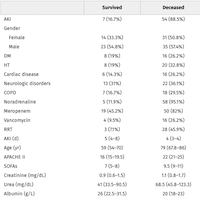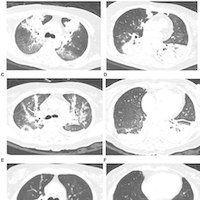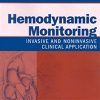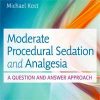Remdesivir 5-day vs. 10-day Trial Raises Some Red Flags?
emcrit.org
Gilead’s first Randomized Controlled Trial on remdesivir was just published, and it’s very interesting. This is a trial designed, monitored, and written by Gilead. In some ways, the design of the trial and its missing parts are more notable than what is actually reported in the study (e.g., secondary endpoints, viral load data).
Patients treated with longer courses of remdesivir (10 days vs. 5 days) had worse outcomes. It’s unclear whether this is due to baseline imbalance between the groups, or toxicity from remdesivir.
Patients were included in the study only if they had a GFR >50 ml/min, suggesting that Gilead might lack confidence regarding whether remdesivir is safe in patients with renal dysfunction.
There were higher rates of kidney injury among patients receiving longer courses of remdesivir.
If a decision is made to use remdesivir, it should be limited to a 5-day course.
Lack of a placebo group prevents this study from evaluating whether or not remdesivir works. However, the study’s construction and results do raise some red flags.
Given that prior placebo-controlled RCTs of remdesivir have failed to demonstrate durable clinical benefit, further placebo-controlled trials are required prior to concluding that remdesivir provides meaningful benefit in COVID-19.















